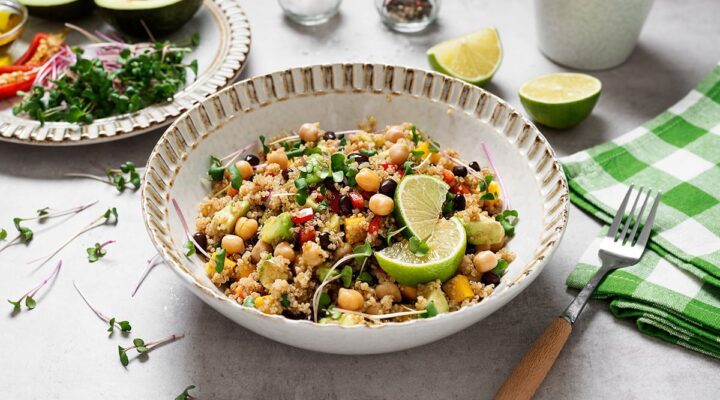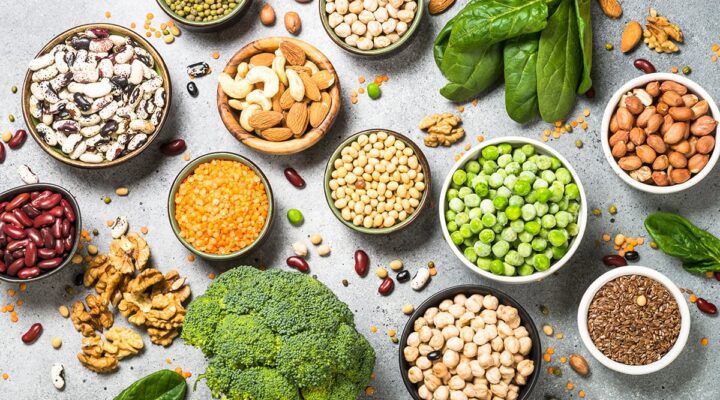Ask Dr Adam | Should I Avoid Gluten?

I’m not diagnosed as gluten intolerant, but am increasingly seeing lots of healthy recipes include gluten-free ingredients as standard. Is there any benefit to opting for gluten-free alternatives if I don’t have a problem with gluten?
Teya, Leicester
Dear Teya,
Indeed, gluten-free quickly found its way into the healthy-eating discourse, now synonymous with those most nutritionally optimal diets. I also regularly see it on the ingredients list of recipes, not to mention plastered across food packaging in the supermarket as a major selling point.
There’s this tendency for people to think that gluten-free must be better for you, simply because it doesn’t have gluten in it. In essence, this is fine and would be completely correct, but only if you had a gluten intolerance, or are celiac. The majority of people aren’t.
In fact, in today’s nutritional culture of intolerance-mania, there’s probably a much higher proportion of people who think they’re gluten intolerant and aren’t than those who are but don’t know it. Unless you have a known intolerance or hypersensitivity, because either you’ve been clinically diagnosed or have done the exclusion work (removing then reintroducing things to your diet to find the culprit of some form of discomfort) then there’s no real benefit to opting for the gluten-free alternative in the supermarket.
In many respects, it could actually be the less healthy option. Not to mention, a more expensive one. In order to replace gluten, food manufacturers have to use different ingredients that might, in many cases, make them less nutritionally desirable. It could be higher in fat or salt, or lower in protein, all as a way of getting around the lack of gluten in that food.
“In order to replace gluten, food manufacturers have to use different ingredients that might, in many cases, make them less nutritionally desirable”
To that end some gluten-free products become ultra-processed. If you try to make a gluten-free alternative to a traditionally gluten-filled food, you have to compensate to give the food the same properties that gluten gives it. It’s much like how low-fat foods replace fat with something else, often some carbohydrate polysaccharide-type product to give it the texture, mouth-feel and chemical properties as the naturally high-fat food.
Of course, this isn’t always the case because plenty of foods don’t have wheat in them to begin with, so are naturally gluten-free. But a gluten-free product isn’t necessarily better for you. For instance, chips are gluten-free. They’re not a healthy product, but in theory, they could be branded as gluten-free and this could well lead people to associate them with being good for you.
The bottom line is there’s a bit of a misconception around gluten-free as this blanket term. A lot of people don’t fully understand it and think that it won’t do any harm but could potentially do some good. In reality, why would it?
_
A qualified nutritionist for 20 years, Dr. Collins holds an MSc in Nutrition & Metabolism and a PhD focusing on energy expenditure and body composition. He is Director of MSc and BSc Nutrition at the University of Surrey. His research interests lie in exercise nutrition, body composition and energy metabolism and current research includes exercise intensity, intermittent fasting and timing of food around exercise.
To have your nutrition questions answered by Dr Adam Collins, please email hello@formnutrition.com


















